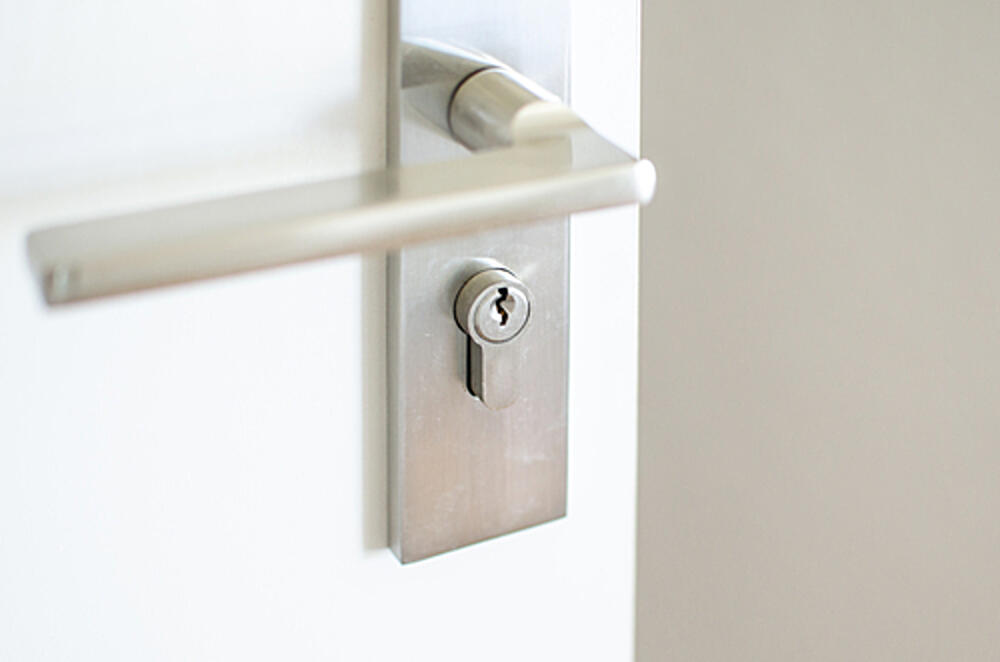You used to be called a “germaphobe” if you took extra precautions to avoid contact with other people and things. But COVID turned us all into germaphobes and wasn’t it pleasant for many of us to not only avoid COVID, but also to avoid bouts with colds and flu.
If you’re like most people, you open doors every day – at work, at home, at stores and restaurants and everywhere in between. Doorknobs are convenient, but they can transmit diseases and viruses. More than half of all respiratory illnesses are caused by touching doorknobs or faucets with unwashed hands or getting that contact on your mouth or nose, according to the Centers for Disease Control and Prevention (CDC). The flu virus can live on doorknobs for 24 hours and infect anyone who touches it, according to the CDC.
Here are a few ways to avoid doorknob (and light switch, faucet, and button) disease:
- Open public doors using the handicap buttons with your elbow. Often doors that open outward can be opened using your body.
- People in the 50s used to carry “hankies”. That still seems a bit gross. But you can keep a sandwich baggie in your coat pocket to open doors and switches.
- Keep it clean with antibacterial wipes in your home or office. Make sure you have hand sanitizer in your car and home.
- Germs can spread from one person to another through contact with various body fluids, including saliva and sweat. So be careful around gym equipment and studio doorknobs.
- Don’t be afraid to wear a mask when around sick people or crowded situations. Most people will get that you are not about to rob a bank.
- COVID’s not over yet. So keep those good habits going – especially avoiding touching your eyes, nose or mouth without first a good 20 second cleaning of your hands with plain old soap and water.
At LACOSTA, where we fight microbes every day – we know doorknobs are not evil. Think of them as playgrounds where bacteria and viruses like to play and invite you to play with them.


